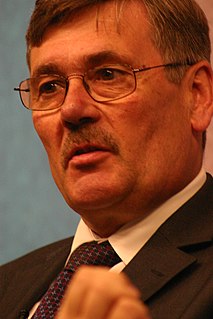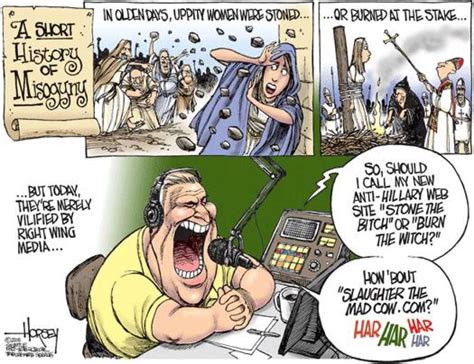A Quote by David S. Goyer
'Call Of Duty' initially cut its teeth on World War II simulation stuff, and then we gradually advanced to the end of the Cold War, but you can't keep doing the same thing over and over again. And I think that because 'Call Of Duty' cut its teeth on presenting 'realism,' in quotes... verisimilitude.
Related Quotes
I absolutely am a big Call of Duty fan. Every time a new Call of Duty comes out – I never play the games online, but I play the solo version super fast. My family knows not to interrupt me the day they come out, they know it's a sacred date for me. I think my favorite visually, of all of the Call of Duty games -- even if it's not as sassy and high tech -- is World at War because. That game has some really incredible episodes in Berlin and the Japanese fields. It's really quite arresting for me, visually, and it was very immersive. But I love Modern Warfare, too.
I want to work on projects that I feel passionate about and do things that are fun and challenging. I would love to do a live musical. I'm not interested in doing the same thing over and over or the fame and exposure that comes with it. When people keep doing that, they just end up doing the same dumb stuff again and again.
I love playing all types of games. I'll play everything, and the best thing is that 'Call of Duty' is dipping their hand in the battle royale genre. Anytime 'Call of Duty' puts their hands on anything, you know it's going to be the highest quality, so I expect nothing less of 'Call of Duty,' and they're delivering.
There's the old saying that doing the same thing over and over again and expecting different results is the definition of insanity. There are few better places to apply that adage than the drug war. It's time to end it. It's time to restore peace and harmony to Latin America and the United States. It's time to end the failed war on drugs. It's time to legalize drugs.
In one sense, I have always felt glad to have had the war [World War II] in my childhood, because, as a result, nothing that has happened in the world since then has ever seemed quite so bad. On the other hand, I never entirely got over my feeling of being cheated when the promised era of peace in a wonderful "post-war world" failed to materialize. I could not understand how, after all that, people could ever even think of fighting again. And I still can't.
There is a myth that the New Deal programs on their own pulled the US out of the Great Depression and created the conditions for the economic boom after World War II. As an economist, I can tell you, that is not true. In reality, it was mainly World War II that launched the boom - the massive war mobilization, the horrifying destruction and death caused by it, and then the reconstruction in its aftermath. he US was the only advanced capitalist country that was not bombed during the war.
It's important to remember that World War II was experienced very much as a continuity in that sense. Most of World War II in most of Europe wasn't a war; it was an occupation. The war was at the beginning and the end, except in Germany and the Soviet Union, and even there really only at the end. So the rest of time it's an occupation, which in some ways was experienced as an extension of the interwar period. World War II was simply an extreme form, in a whole new key, of the disruption of normal life that began in 1914.






































